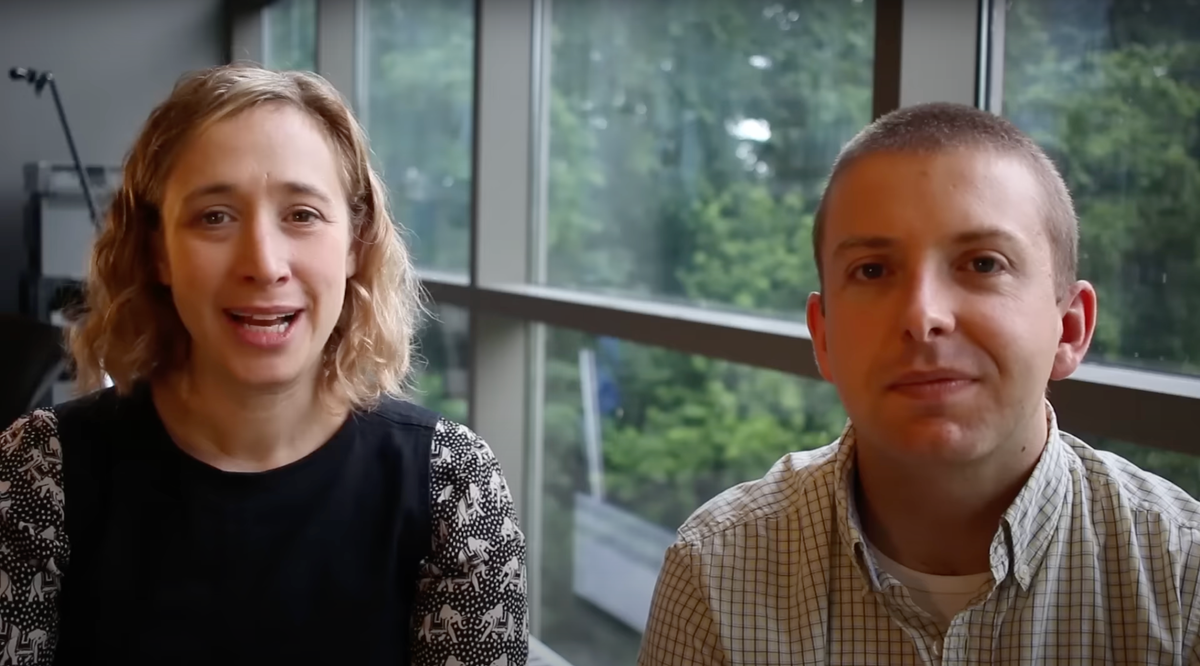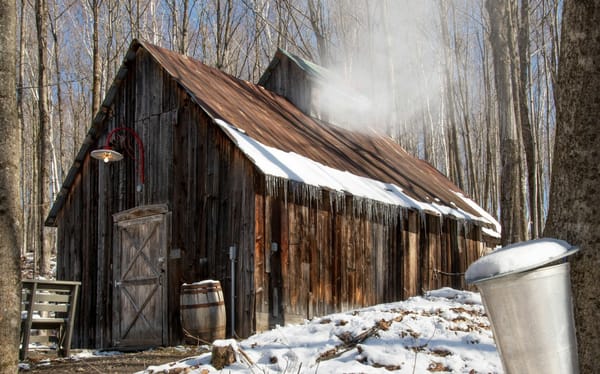YouTube: Streams, recordings, algorithms—oh my

Editor's note: With this edition, I'm starting to think about how to incorporate wisdom from people who chime in on my Facebook posts. Let me know what you think!
Let's talk about YouTube!
There's a lot made of the fact that YouTube is the second largest search engine. There's currently a big move by podcasters to video record the making of their shows and then post it to a YouTube channel and cultivate a secondary audience there. And Lord knows there's opportunities to produce spiritual resources that have a visual dimension. (I tend to want fewer words and more art and music in my prayer life, so I love it when someone makes something beautiful and devotional and puts it on YouTube.)
But what about churches and the like? Should you or shouldn't you?
I think my answer is, you should if you're getting clear feedback that doing video content is helping you reach and engage people, and otherwise you should ask very carefully whether it's worth your time. Because it typically takes A LOT time than doing other kinds of media, at least at first, and there's a high floor to how fast you can get (I think).
I've thought a lot over the years about an interview I did with Sarah Lefton when she was running BimBam. It became an episode of the MASCLab podcast and was featured in my dissertation.
Important excerpt:
Time operates differently on YouTube than it does in a magazine … If you’re going to capture somebody into watching your video, it has to be done in the first three seconds. The three seconds is the time at which people are most likely to bounce off of your video because they’ve decided that you’re boring, or you’re not getting to the subject they thought you were getting to. And that’s not the way people have traditionally written, right? Very often you get hundreds of words to bring someone in through a beautiful metaphor or to tell a story from your life before you get to the point. You can’t do that on YouTube. And I don’t know that that’s for the better of humanity … It’s wagging us, the medium is wagging us.
"The medium is wagging us" is another way of saying, yet again, that the relevant algorithm is highly determinative—and also very fickle. Of all the decisions companies have made about this kind of thing, YouTube's decision "we'd rather point you to something longer than something more relevant" is the one that irks me the most. Like most search, YouTube search results are now more about who has the most insight and resources to dedicate to optimizing search results.
Of course, some YouTubers are making amazing, high-quality content of all lengths that is doing well because it is both valuable in its own right and it plays by the algorithmic rules. But wow is it a hyper-specialized calling, and that makes me nervous about churches' ability to succeed at YouTube on YouTube's terms.
That might not be your goal. You might just want to serve some video to your superfans (not to be confused with super-apostles): stream your service, post a video announcement, upload a brand video so you can embed it on your website. Those are all great reasons to have a YouTube channel. But don't expect to change a lot of lives of people who don't otherwise know you exist.
Here are some decision-type Q&As that summarize where I've landed on this stuff.
Should we stream our services on YouTube? Yeah, if you've done your copyright permissions homework and you have reason to believe people would rather watch a stream than join you via a Zoom meeting with the potential for greater intimacy.
Should we put our services on YouTube afterward? Sure, if you've done your homework on copyright permissions, have the bandwidth to get it loaded up there, and you have reason to believe your community wants to watch recorded services after the fact and is doing so. (I kinda doubt it!)Putting one or two up to give people a feeling for what a service is like might be valuable, although the quality of your AV setup is going to determine how good of an impression that actually makes.
Should we put our sermons on YouTube? This feels to me like it has a lot more potential upside. It's easy to imagine someone subscribing and listening in each week. I've had this relationship with some preachers in the past.
But of course that comes at the cost of having to do a little bit of video editing or at least paying real-time attention to when you start and stop recording a service. (By the way, if you want to put sermon content on social media, I'd vote for doing a little more editing and just posting an excerpt, perhaps video and text. My pal Mike Angell is really good at this.)
Should we try video announcements or video devotionals? Yes, absolutely, if you have a realistic understanding of the work involved and a plan for maintaining a consistent production schedule.
Should our pastor or other leader do something like vlogging? Reflections, "takes," teaching, spiritual how-to, that kind of thing? Only if they really feel called to it. It's not an easy medium if you don't like being on camera. But if your leader is charismatic, can learn from strong examples, and can keep the length and content quality under control with minimal editing and/or record in one or two takes? Or you have a wonderful, reliable volunteer editor? Then yeah, definitely, it's a format with a lot of potential for connection.
What am I missing? Where am I wrong? As I said, this is definitely much less my "thing."


